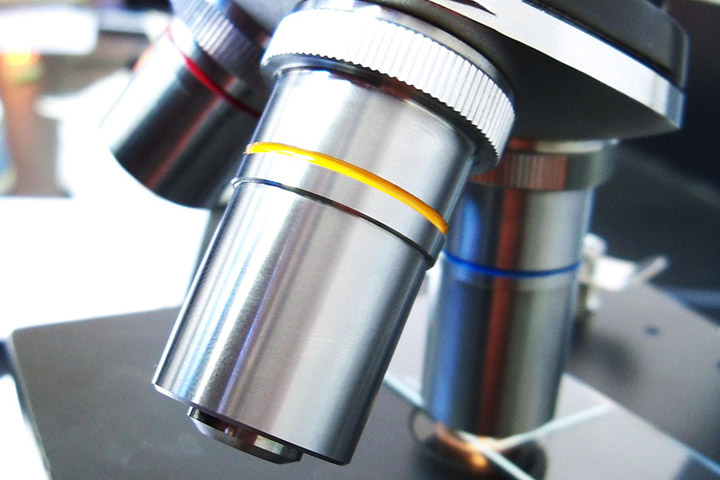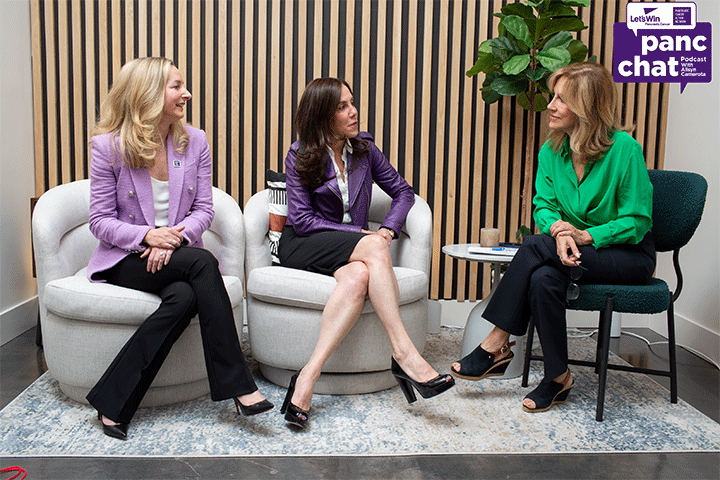Neoantigens Provide New Hope for Pancreatic Cancer Treatments

To achieve success, one should study success. That was the thinking of Vinod Balachandran, M.D.
The success he was hoping to understand was that of people who have survived pancreatic cancer against the odds, which were definitely not in their favor—just 7 percent of patients survive more than five years.
By analyzing these outliers, the surgeon-scientist from Memorial Sloan Kettering Cancer Center’s David M. Rubenstein Center for Pancreatic Cancer Research (in New York) made an important discovery about their immune systems, igniting hope that the information could be harnessed for the benefit of more patients.
Insight from Tumor Samples
Balachandran and his colleagues—including Jedd Wolchok, Timothy Chan, Steven Leach, and Taha Merghoub—looked at surgically removed tumor samples from 82 long-term survivors (median survival: six years) and 68 short-term survivors (median survival: 0.8 years) and found that the tumors of long-term survivors had nearly 12 times the number of T cells inside them.
T cells are immune cells that home in on foreign invaders, like infections and cancer, by reading proteins on the cells’ surface, called antigens. As cancer cells divide, they accumulate errors in their genetic code or mutations, some of which can also be recognized by T cells. These antigens are called neoantigens. The recognition of neoantigens by T cells has been shown to be an important factor in the ability to treat cancer with immunotherapy.
Pancreatic tumors have been traditionally difficult to treat via immunotherapy because T cells don’t seem to recognize them as “bad” and therefore do not infiltrate or initiate an immune response.
A Role for Neoantigens
However, in a paper published in Nature in November 2017, Balachandran suggests that neoantigens could play a key role in long-term survival.
He found that the type of neoantigens present in the tumors of the long-term survivors differed from those of other pancreatic cancer patients. Balachandran’s team worked closely with computational biologists Benjamin Greenbaum and Marta Luksza from the Icahn School of Medicine at Mount Sinai to create an algorithm to analyze the variety of these neoantigens even further, and used this information to predict which neoantigens were most likely to be recognized by T cells. They then successfully applied this algorithm to pancreatic cancer patients to identify which patients survived the longest, as well as to cancers treated with immunotherapy, to identify which patients might respond well.
The MSK study, co-funded by the Pancreatic Cancer Action Network-AACR Research Acceleration Network Grant and a Stand Up To Cancer-Lustgarten Foundation Dream Team award, also found that the long-term survivors had long-term “immune memory” of these neoantigens. T cells were still recognizing the neoantigens in the blood of these survivors up to 12 years after treatment, and seemed to be helping to keep their cancers in check.
This raises hope that neoantigens could be used as part of personalized cancer vaccines. “We think our findings are a step forward in being able to predict rationally which neoantigens will be the most effective at stimulating an immune response,” Balachandran says. “We envision using these new results to design more effective cancer vaccines to be used in combination with other immune therapies.”
Next Steps
The team is now engaging with the pharmaceutical companies Genentech and BioNTech to determine how to use these insights in clinical trials evaluating personalized neoantigen vaccines in a spectrum of cancers, including pancreatic cancer and melanoma.
“We are determined to move this forward to clinical trials as quickly as possible,” adds Balachandran.





